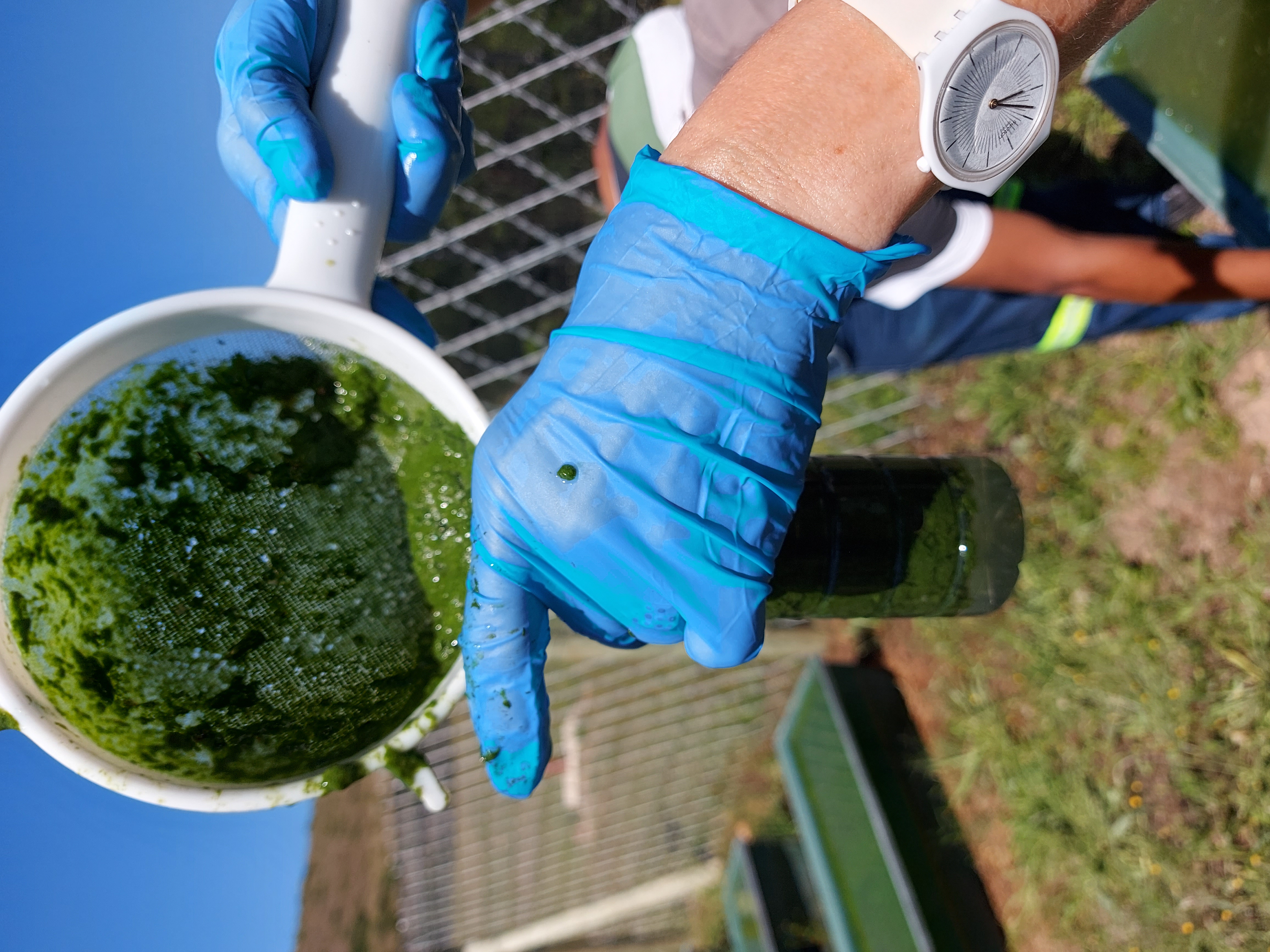CSIR continues to invest in research of low-cost wastewater treatment, but calls for additional funding to improve water supply
The deteriorating quality of raw water, coupled with current water shortages, has created an urgent need to protect the country’s water resources and ensure effective water and wastewater management in South Africa. According to the Water and Sanitation Master Plan (DWA, 2019), 56% of the 1 150 municipal wastewater treatment works are in a poor or critical condition, while 11% are dysfunctional. This implies that South Africa’s water resources are negatively impacted and polluted by wastewater that is not properly treated.
The Council for Scientific and Industrial Research (CSIR) calls for more funding to be directed to water research and the development of technologies to improve South African municipalities’ wastewater treatment processes and maintenance, as well as build new treatment plants.
The deteriorating quality of raw water, coupled with current water shortages, has created an urgent need to protect the country’s water resources and ensure effective water and wastewater management in South Africa. According to the Water and Sanitation Master Plan (DWA, 2019), 56% of the 1 150 municipal wastewater treatment works are in a poor or critical condition, while 11% are dysfunctional. This implies that South Africa’s water resources are negatively impacted and polluted by wastewater that is not properly treated.
During this year’s annual National Water Week from 21-27 March 2022, the CSIR celebrates some of the achievements made by the organisation in the quest to develop and deploy technologies that will ensure access to safe and quality water in the country. The CSIR continues to spearhead research, development, and innovation into low-cost wastewater treatment to support a capable state and improve the quality of life of all South Africans.
The National Water Week campaign is aimed at educating the public about their responsibility in water conservation initiatives and raising awareness around the need to protect and conserve the country’s water resources and is celebrated under the World Water Day 2022 theme, Groundwater – making the invisible, visible. The Department of Water and Sanitation celebrates Water Week by urging everyone to use water sparingly to ensure “Water for All”.
Over the years, the CSIR has conducted water research and developed technologies to assist local municipalities to extend the lifetime of existing wastewater treatment pond systems and improve the domestic wastewater effluent quality.
For example, in Limpopo, the CSIR has successfully implemented an algae-based wastewater treatment solution at the Motetema wastewater treatment in the Sekhukhune District Municipality to facilitate the effective and efficient removal of nutrients and pathogens in wastewater treatment works. Inefficiently treated wastewater that is released into rivers poses a risk to the environment and human health in downstream communities. The algae-based treatment that was implemented in existing treatment ponds in Motetema uses a specific community of algal species, which have been isolated and cultured in the laboratory. The advantages of this technology are that the ponds are gravity fed; therefore, they do not require any electricity. It was also designed with existing human resource and skill shortages in mind, especially for rural municipalities with limited budgets.
“The aim was to build a self-sustaining system that is independent of electricity or expensive chemicals and that can be effectively operated within the current financial and capacity constraints of Southern African Development Community countries by making use of existing infrastructure, such as waste stabilisation pond systems. With the circular economy, it is an advantage to have a solution that cannot only help solve the eutrophication problem, but also close the loop by recycling nutrients from a waste source,” says Maronel Steyn, CSIR Water Research Centre senior researcher.
In KwaZulu-Natal, the CSIR partnered with the City of uMhlathuze to improve water resource management through the application of scientific and technological solutions. The projects undertaken were aimed at identifying and addressing issues relating to various aspects of water provision and management. For instance, the CSIR developed a lake management plan for Lake Mzingazi, as well as a rehabilitation plan for a compromised stream within the municipality.
In Gauteng, the CSIR continues to work with the community of Stinkwater in Hammanskraal to improve the quality of ground and surface water in the area. The organisation conducted a three-year research project in the area, which was aimed at investigating the health risks that untreated groundwater poses to the user community and exploring potential interventions. The study found that fluoride exceeded the drinking water standard in 9% of samples and nitrate exceeded the drinking water standard in 87% of samples. Escherichia coli bacteria, which is used as an indicator of faecal pollution, was also detected in most of the samples.
CSIR Water Research Centre manager, Dr Rembu Magoba, said the CSIR is ready to work with various municipalities and organisations to improve water challenges in the country.
“Collaboration is key in ensuring that we deliver quality water to the communities in South Africa, especially the rural parts of our country. We have the capabilities, skills, technology and expertise required to improve water supply. The CSIR aims to develop fit-for-purpose technologies for the development and optimisation of smart and robust water use, analytics and water infrastructure with concomitant improved operation and maintenance,” said Dr Magoba.

Issued by the CSIR Strategic Communication unit
Enquiries:
David Mandaha: CSIR Media Relations Manager
Tel: 012 841 3654
Mobile: 072 126 8910
Email: dmandaha@csir.co.za
About the CSIR:
The CSIR, an entity of the Ministry of Higher Education, Science and Innovation, is one of the leading scientific and technology research, development and implementation organisations in Africa. Constituted by an Act of Parliament in 1945 as a science council, the CSIR undertakes directed and multidisciplinary research and technological innovation and industrial and scientific development to improve the quality of life of all South Africans. For more information, visit www.csir.co.za.
Follow us on social media:
Twitter: @CSIR. Facebook: CSIRSouthAfrica. Instagram: CSIRSouthAfrica. LinkedIn: Council for Scientific and Industrial Research (CSIR). Youtube: CSIRNewMedia

